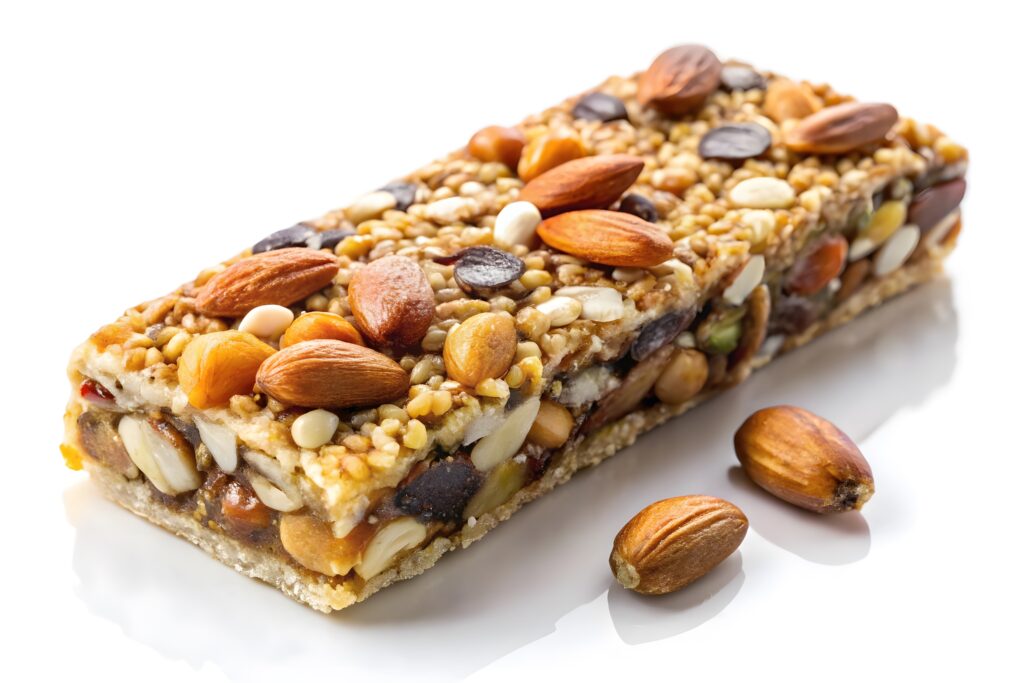
In the food industry, everything revolves around precision and quality. Whether it’s flour, sugar, nuts, dried fruits or spices — each ingredient has its own unique characteristics. And those properties determine the best way to dose them. A mismatch between product and dosing technology can lead to issues: clogging, product damage, or inconsistent mixing. Selecting the right dosing solution tailored to the properties of each ingredient is a true art.
This is mainly due to the wide variety of ingredients used in food production. And those ingredients vary greatly in their behavior. Here are a few typical examples:
To tackle these challenges, several dosing technologies are available:
Besides accurate dosing, hygiene is critical. All product-contact parts must be easy and thorough to clean. This means: smooth stainless steel surfaces (Ra < 0.8 µm or better), fully welded seams, no hidden corners or cavities where residue can accumulate, and easy-to-disassemble components. Food-safe polyurethane parts are typically colored blue for better visual detection in hygienic environments.
A modern dosing system must be flexible. The food industry is changing rapidly with new recipes, ingredients and consumer demands. Advanced controls allow precise logging of dosing values per batch — vital for traceability and quality assurance. A well-designed dosing system can easily be adjusted for different ingredients and quantities, allowing the process to adapt quickly to changing production needs.
The success of any dosing process begins with understanding the behavior of the product. Once you know how an ingredient flows, sticks, breaks or retains moisture, you can determine which dosing technology is best suited for the job. Not every system works for every ingredient. Choosing the wrong technology can lead to blockages, product damage, or inconsistent results.
That’s why it pays off to define your product requirements early in the process — not only for new installations, but also when upgrading or replacing existing lines. A well-informed decision can improve efficiency, reduce downtime and boost product quality.
Are you working with challenging ingredients or looking to optimize your dosing process? SPS | Solids Process Solutions is here to help. Together with our partner Kubota Brabender Technologie, we offer high-quality dosing systems specifically designed for food applications. From hygienic design to smart control systems — we support you in every step from engineering to implementation.
Visit our website or get in touch with our team.
More information or contact